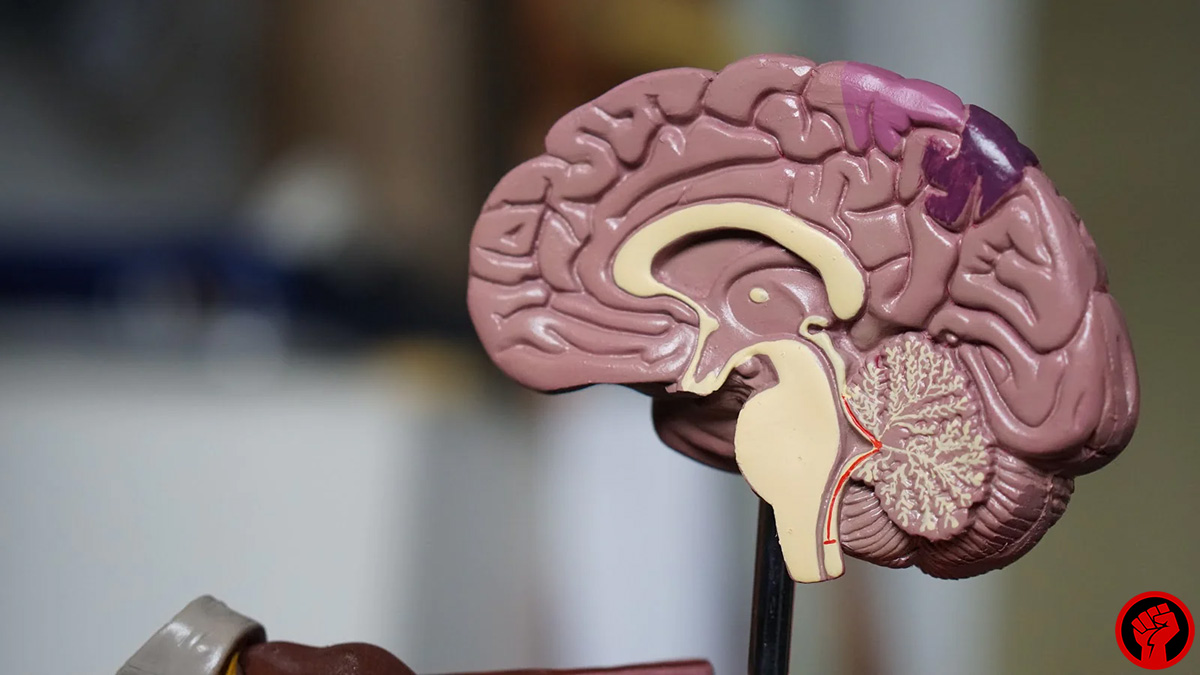Boxing, a sport that combines strength, strategy, and sheer determination, has captured the hearts of many athletes and fans worldwide. However, the physical toll it can take on a boxer’s body, particularly the brain, is a topic of growing concern. In this article, we delve deep into the question: Is boxing bad for your brain? It’s crucial to understand the potential risks and consequences associated with this demanding sport to make informed decisions about your health and well-being.
Is Boxing Bad for Your Brain?
Is boxing bad for your brain? Yes, yes it is. Boxing, with its intense physical contact and head trauma, poses significant risks to brain health.
One of the most immediate concerns is the potential for concussions. These occur when a boxer receives a blow to the head or face, causing the brain to collide with the skull.
Concussions can lead to various symptoms, including dizziness, confusion, and memory problems.
Repeated concussions increase the risk of long-term brain damage.
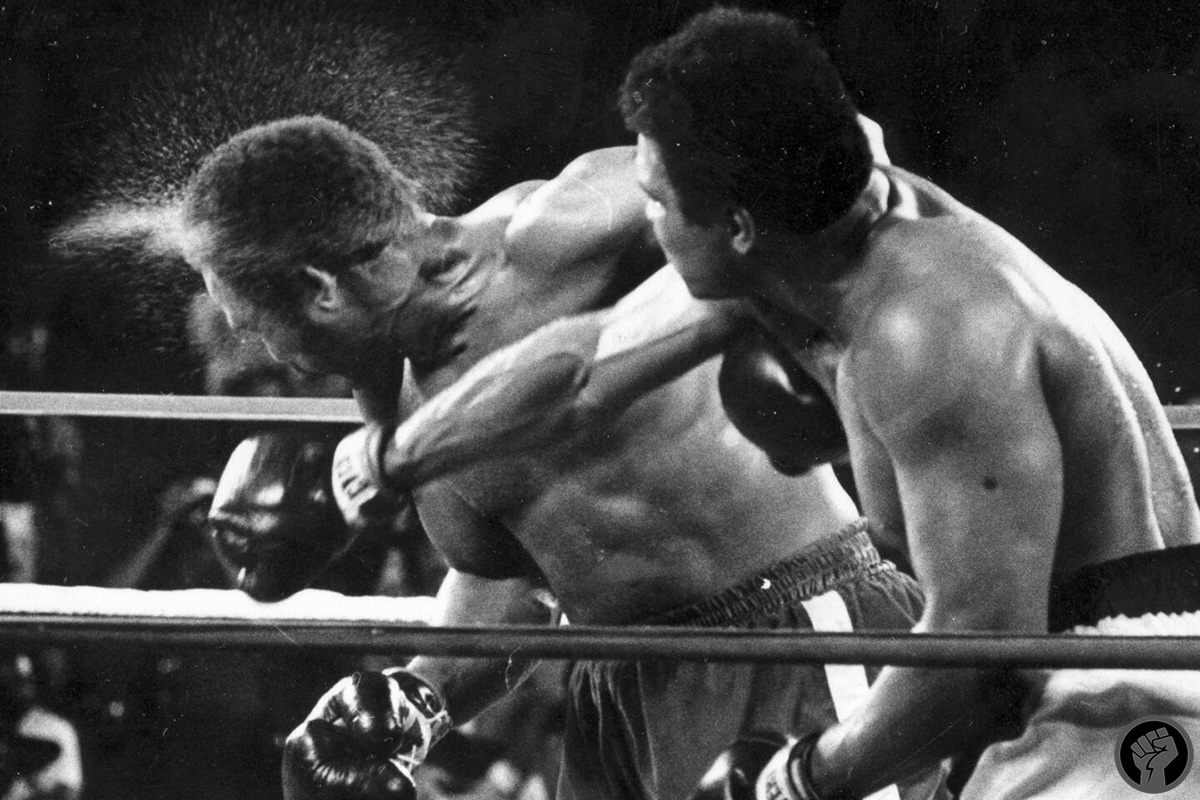
Types of Brain Injuries in Boxing
Beyond concussions, boxers face the threat of more severe brain injuries, in which Subdural hematomas and Chronic Traumatic Encephalopathy (CTE) are 2 biggest threats.
Subdural Hematomas: The Hidden Threat
Subdural hematomas are a serious consequence of repeated head trauma in boxing. These occur when the blood vessels between the brain’s surface and the dura mater (the outermost protective layer of the brain) are damaged, leading to blood accumulation in the space between them. Picture this as a growing pool of blood that exerts increasing pressure on the delicate brain tissue.
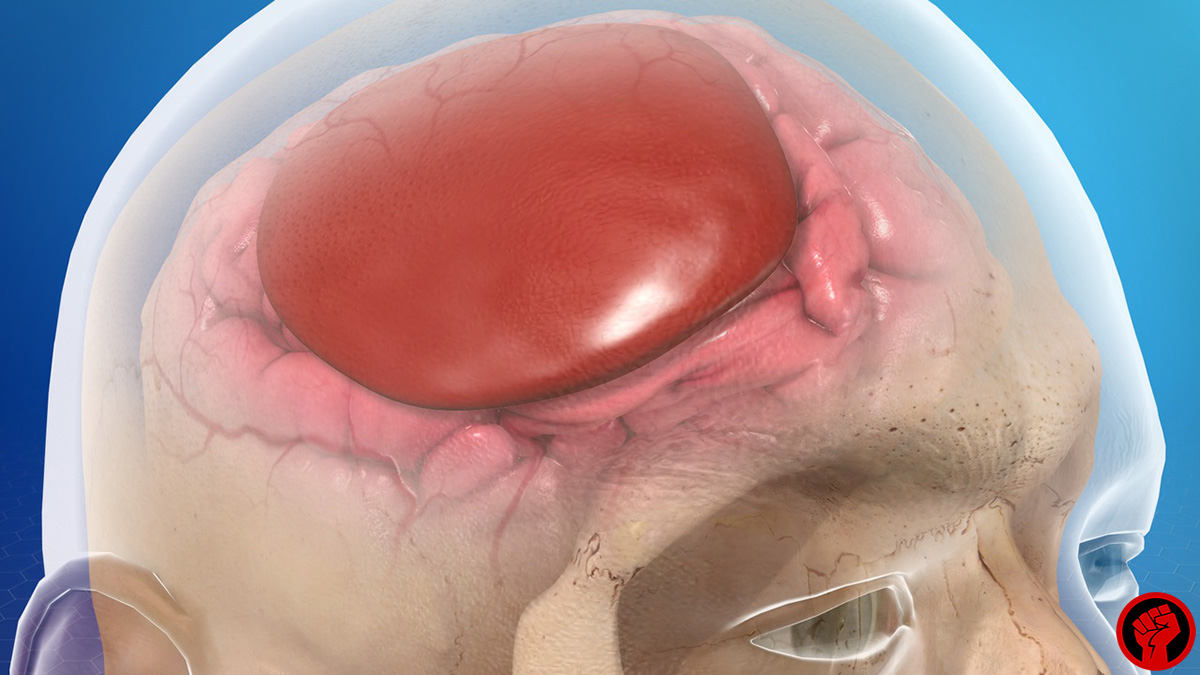
The danger lies not only in the initial injury but in the slow and insidious nature of subdural hematomas. At first, symptoms may be subtle or even absent, lulling the boxer into a false sense of security.
Over time, however, the pressure from the accumulating blood can compress brain structures, causing a range of distressing symptoms. These can include severe headaches, confusion, difficulty concentrating, and even seizures.
In some cases, subdural hematomas may require surgical intervention to alleviate the pressure and prevent further damage to the brain.
Chronic Traumatic Encephalopathy (CTE): The Silent Storm
Chronic Traumatic Encephalopathy, or CTE, is a particularly alarming consequence of repetitive head injuries in boxing.
Unlike subdural hematomas, which are more immediate in their impact, CTE is a degenerative brain disease that manifests slowly and insidiously over time. It’s often referred to as the “silent storm” because its symptoms may not become apparent until years or even decades after a boxer’s career has ended.
CTE is associated with the abnormal accumulation of a protein called tau in the brain. This protein build-up disrupts normal brain function and leads to a range of debilitating symptoms.
Memory loss is a hallmark feature, with affected individuals struggling to recall past events and experiencing difficulty forming new memories. Mood swings and emotional instability are also common, with depression, anxiety, and aggressive behavior frequently reported.
Furthermore, cognitive decline can be profound, impairing a person’s ability to think clearly, make decisions, and carry out everyday tasks. In advanced stages of CTE, individuals may experience severe neurological symptoms resembling dementia, even in their relatively young years.
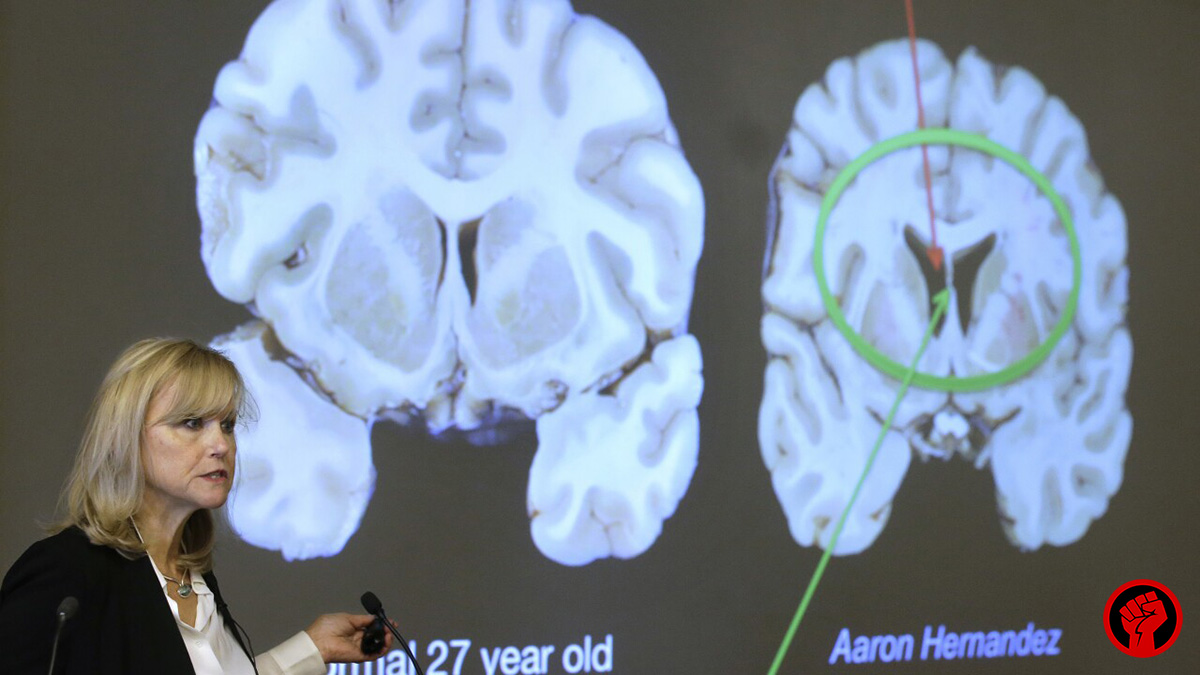
It’s important to emphasize that CTE is irreversible and currently untreatable. This makes prevention and early recognition of head injuries in boxing all the more critical. Every time a boxer steps into the ring, they should be acutely aware of the long-term risks and prioritize safety above all else.
Symptoms and Long-Term Effects of Brain Injuries in Boxing
The symptoms of these injuries can be insidious.
While immediate effects like headaches and confusion may dissipate, the long-term consequences can be devastating. Memory problems, depression, and early-onset dementia are often seen in boxers who have sustained significant head trauma.
These conditions can have a profound impact on a boxer’s quality of life both during and after their career.
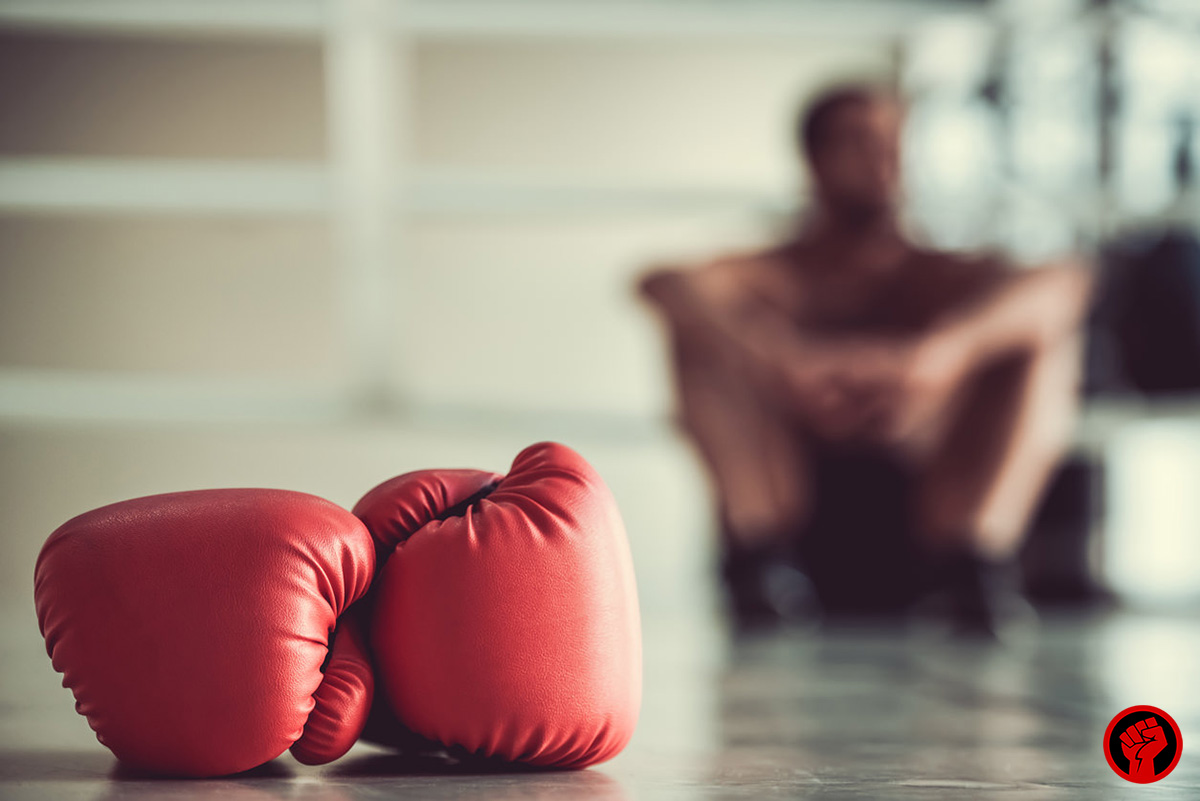
The Link Between Boxing and Brain Injuries
Research examining the connection between boxing and brain injuries is extensive. Here are a few:
- Brain injury in boxers and soccer players; an advisory report from the National Health Council of the Netherlands
- Boxing and chronic brain damage
- Amateur boxing and risk of chronic traumatic brain injury: systematic review of observational studies
Modern neuroimaging techniques have allowed researchers to delve deeper into the impact of boxing on the brain. Magnetic resonance imaging (MRI) studies have revealed structural changes in the brains of active and retired boxers.
These changes, such as brain atrophy and white matter abnormalities, are indicative of the physical toll boxing takes on the brain.
The cumulative effect of punches taken over years of training and competition cannot be underestimated.
It’s a stark reality that every boxer should consider.
Factors Increasing the Risk of Brain Injury in Boxing
Several factors can exacerbate the risk of brain injury in boxing.
The frequency and intensity of training play a significant role.
Boxers who spar regularly and engage in intense bouts are more susceptible to head trauma.
The use of headgear, once believed to offer substantial protection, has shown limited effectiveness in preventing brain injuries.
Additionally, the age at which a boxer starts their career can impact vulnerability; younger boxers may be more susceptible to long-term damage.
What Can You Do to Protect Your Brain in Boxing?
Protecting your brain while participating in boxing is of utmost importance to ensure your long-term health and well-being. Here are essential steps and precautions you can take to minimize the risk of brain injuries in boxing
1. Proper Training and Technique
Ensure you receive comprehensive training from qualified coaches who emphasize proper boxing techniques.
Focus on defensive skills, head movement, and the ability to avoid punches.
Sparring sessions should be controlled and supervised to prevent excessive head trauma.
2. Quality Protective Gear
Invest in high-quality headgear and mouth-guards approved for boxing.
Ensure your headgear fits snugly and offers adequate padding to absorb impact.
3. Regular Medical Check-Ups
Undergo regular medical check-ups, including neurological evaluations, to monitor your brain health.
Seek immediate medical attention if you experience symptoms of a head injury, such as dizziness, confusion, or memory loss.
4. Proper Warm-Up and Conditioning
Always warm up before training or sparring to prepare your body and brain for physical exertion.
Maintain overall physical fitness through conditioning exercises to improve your body’s resilience.
5. Limit Sparring Intensity and Frequency
Control the intensity and frequency of sparring sessions to reduce the risk of repetitive head trauma.
Communicate with your coach about your comfort level and any concerns regarding sparring.
6. Avoid Overtraining
Overtraining can lead to fatigue, which impairs your reaction time and increases the risk of accidents and injuries. Get sufficient rest and recovery.
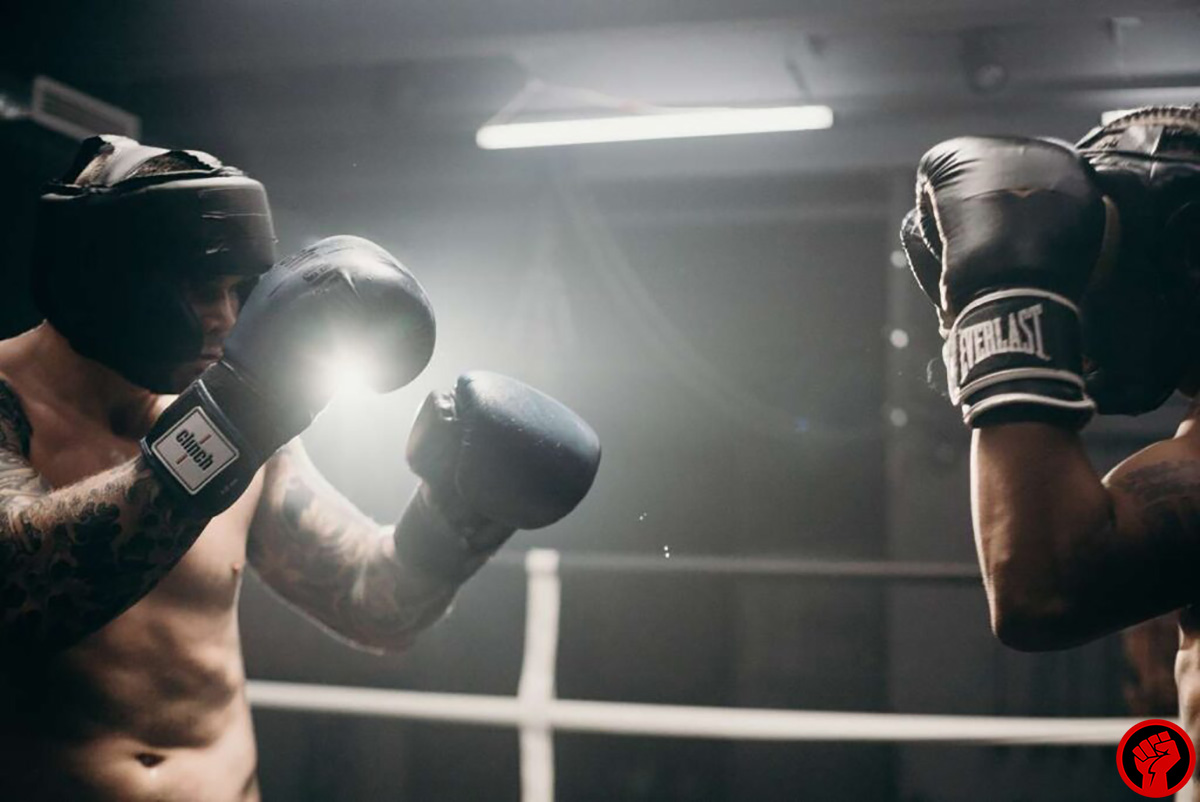
7. Recognize the Signs of Head Injuries
Educate yourself about the symptoms of head injuries, including concussions.
If you experience any symptoms, seek immediate medical evaluation and refrain from further training or competition until cleared by a medical professional.
8. Stay Hydrated and Nourished
Proper hydration and nutrition are essential for maintaining brain health and overall performance.
Ensure you are adequately fueled and hydrated before and after training or bouts.
9. Know Your Limits
Be aware of your own capabilities and limitations. It’s crucial not to push yourself beyond what is safe and reasonable.
10. Consider Alternatives
If you are concerned about the long-term effects of boxing on your brain, consider alternative combat sports with lower risk of head trauma, such as Brazilian jiu-jitsu or kickboxing with an emphasis on controlled sparring.
11. Mental Health and Stress Management
Manage stress and maintain good mental health, as stress can impact cognitive function and decision-making in the ring.
12. Retire Gracefully
Be prepared to retire from competitive boxing when necessary, considering your long-term health. It’s essential to prioritize your well-being over the desire for continued competition.

Conclusion
In conclusion, the question, “Is boxing bad for your brain?” should not be taken lightly. The potential risks and consequences of brain injuries in boxing are real and well-documented. While the allure of the sport is undeniable, it’s crucial for boxers, coaches, and governing bodies to prioritize safety. Reduce the risk of brain injury by adhering to proper training protocols, seeking medical evaluation after head trauma, and considering the long-term implications of a boxing career. Your brain health should always be a top priority in and out of the ring.

